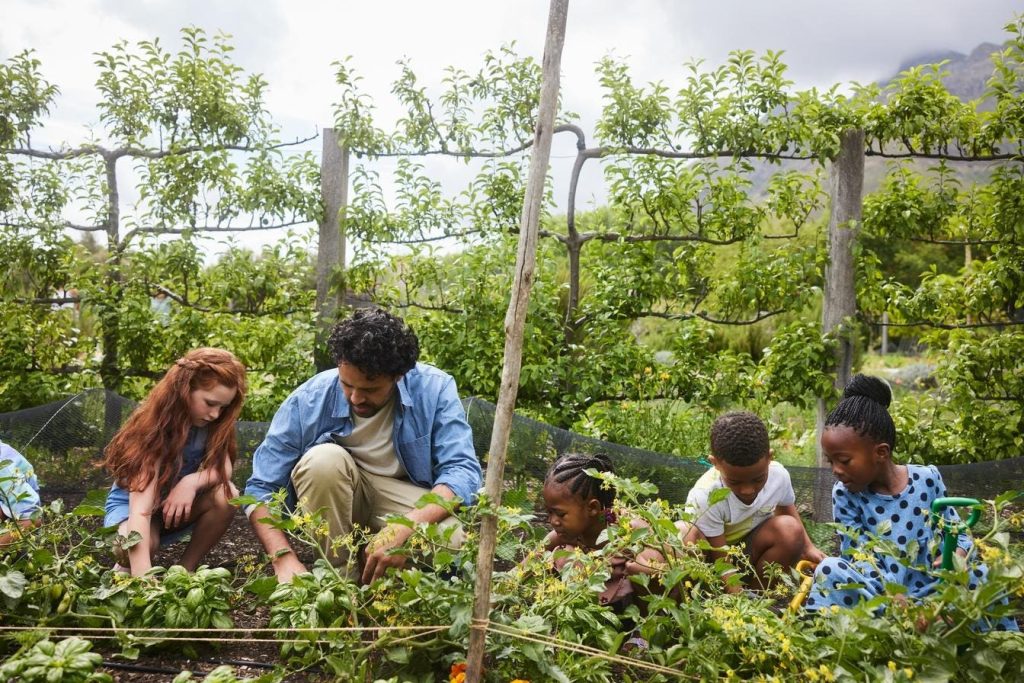Dr. Malcolm Adams, Founder-CEO of Avid Solutions International, emphasizes the importance of integrating farming and technology into the educational experiences of children. This comprehensive approach aims to instill a deep appreciation for nature, sustainability, and conservation, equipping the next generation with the knowledge, skills, and values needed to navigate a rapidly changing world. By delving into the significance of this educational integration, it becomes clear that such experiences are crucial for fostering environmental stewardship, innovation, and a sustainable future.
Farming is more than just about growing food; it is a fundamental connection to the earth and a lesson in patience, responsibility, and life cycles. When children are exposed to farming, they can understand where their food comes from, the resources required to produce it, and the importance of managing these resources wisely. These practical experiences help children appreciate the hard work behind food production and the critical need for sustainable practices, going beyond the classroom to provide valuable life lessons.
Hands-on learning opportunities such as gardening projects, school farms, and community agricultural initiatives offer children a chance to learn about soil health, plant biology, and ecosystems supporting agriculture. By experiencing the joy of harvesting what they have grown, children may develop healthier eating habits and a preference for fresh, locally sourced foods. These activities also teach essential life skills such as teamwork, patience, and responsibility, helping children develop a well-rounded understanding of agriculture and sustainability.
Incorporating technology into farming education through agricultural technology (agtech) tools enhances the learning experience by providing practical applications of scientific knowledge. Children can learn how innovation leads to more sustainable farming practices and understand the importance of technologies that optimize water use, enhance pest management, and increase crop yields. By engaging with these technologies, children develop a conservation mindset and are better equipped to address global challenges related to food security, climate change, and biodiversity loss.
The integration of farming and technology in children’s education not only nurtures a sense of environmental stewardship but also prepares them to become the next generation of innovators and problem solvers. With a foundation in sustainable practices and technological literacy, children are better equipped to tackle pressing global challenges and make meaningful contributions to their communities and the world. This integration aligns with several United Nations Sustainable Development Goals, including Zero Hunger, Clean Water and Sanitation, and Life on Land, contributing to a more sustainable future for all.
Business leaders have a crucial role to play in bridging the gap between agtech and education. They can initiate this integration by hosting workshops, offering hands-on experience with agtech innovations, and partnering with educational institutions to develop curriculums that include agtech concepts. By organizing community engagement events centered around agtech, businesses can raise awareness and spark interest in sustainable farming practices. Embracing a comprehensive approach to education that values sustainability, technology, and conservation can inspire children to become lifelong learners, innovators, and stewards of the planet, ensuring a sustainable future for all.














